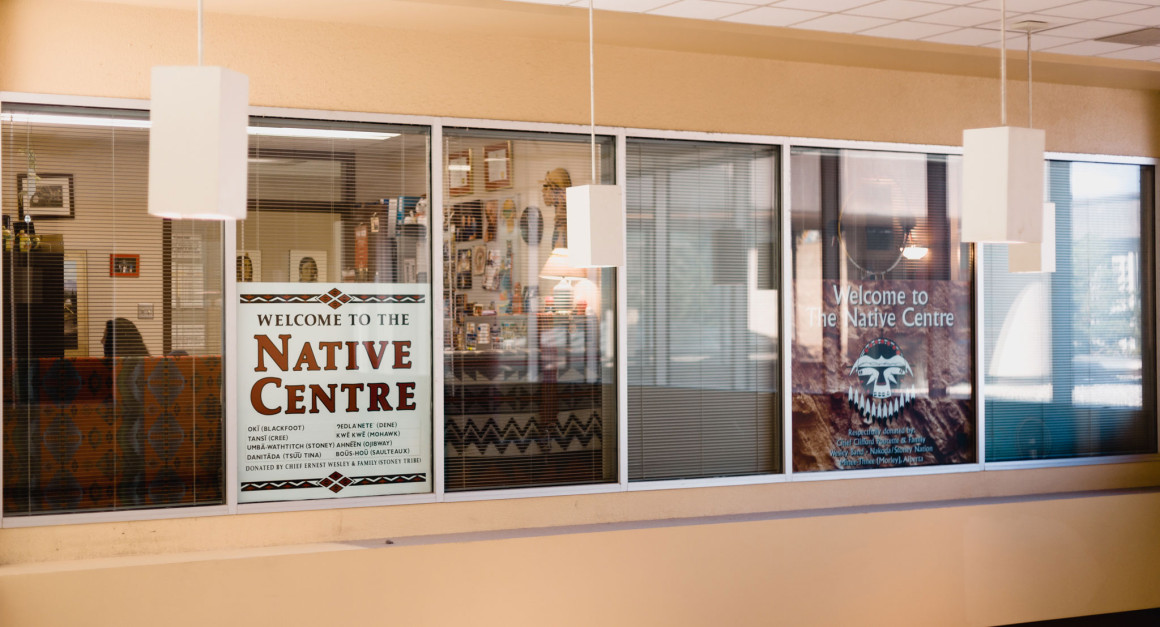
Commission urges universities to aid in aboriginal reconciliation
By Fabian Mayer, June 11 2015 —
The Truth and Reconciliation Commission (TRC) released its report on Canada’s residential school program last week. The report made 94 recommendations on how to improve the relationship between Canada’s aboriginal population and broader society.
Several of the recommendations were related to post-secondary education. University of Calgary provost Dru Marshall welcomed the report.
“I think this is a really important point in Canadian history and we all have to think very carefully about how we’re going to respond,” Marshall said. “We will look to see exactly how we might play a role in addressing many of the issues.”
Marshall said the university will use the TRC’s report as a guide to work on an aboriginal strategy. She added that various faculties already focus on aboriginal issues.
“We need to be just a little bit more coordinated in our actions,” Marshall said. “When you add everything together I think it’s quite good. But we could always be better.”
U of C professor Gabrielle Lindstrom teaches courses on indigenous issues and is from the Blood reserve near Lethbridge. Both of her parents went through the residential school system. Lindstrom was impressed by the report.
“It’s a reaction of happiness and relief, mixed in with some hope that things are finally changing,” Lindstrom said.
The TRC recommends that universities offer degrees in aboriginal languages. Lindstrom hopes the U of C will consider this.
“It just depends on where the university’s priorities lay,” Lindstrom said. “I think it’s absolutely possible, how likely? I don’t know.”
Marshall said it was too early to comment on whether the U of C would implement aboriginal language courses.
The TRC’s recommendations focused heavily on improving Canadians’ knowledge of aboriginal history and current issues. Lindstrom thinks establishing a department of indigenous studies would help with that goal.
“[A department] that’s really dedicated to increasing awareness about aboriginal history and contributions in Canada, I think that should be a priority. It should have always been a priority,” Lindstrom said.
The University of Winnipeg requires all students to take at least one course related to indigenous studies before graduating. Marshall thinks that makes sense in a city like Winnipeg, which has a large aboriginal population, but is unconvinced it’s necessary in Calgary.
“This is a really important part of Canadian history that we need to understand and students coming in need to understand fully. But whether or not we would say everybody requires a course in this, I’m not sure,” Marshall said.
Marshall hopes universities will play a central role in aiding reconciliation.
“I actually think universities have done a lot in this area over the last two or three decades in particular,” Marshall said. “Our university is involved in a number of initiatives that are collaborative across the country through our Native Centre.”
